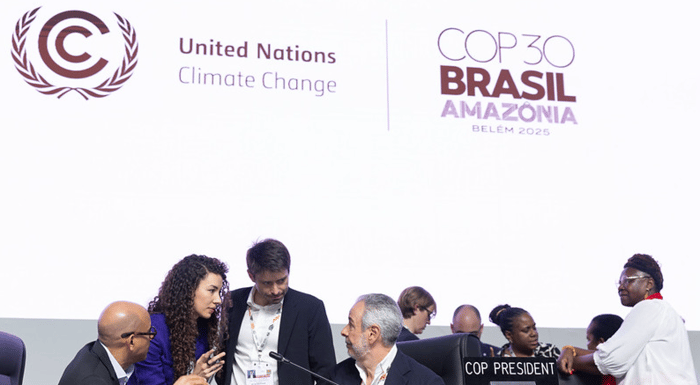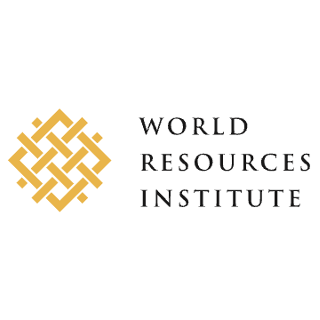Beyond the Headlines - COP30 Iargely underdelivered, though some key wins shine through


Photo credit: © UN Climate Change - Kiara Worth
Authors: By David Waskow, Miriam Garcia, Jamal Srouji, Gabrielle Swaby, Gaia Larsen, Nathan Cogswell, Natalia Alayza, Mariana Oliveira, Melanie Robinson, Charles (Chip) Barber, Mirela Sandrini and Karen Silverwood-Cope
The 2025 UN climate talks wrapped on Saturday, Nov. 22 after negotiations pushed into overtime. The resulting decision secured some important wins, both inside and outside the negotiations. But it omitted some of the big-ticket items many hoped to see.
With efforts to halt temperature rise severely off track and climate disasters becoming ever-more destructive, the summit (COP30) aimed to establish clear pathways to deliver past pledges and put the world on a safer track. A key question was how countries would address lagging ambition in their new climate commitments (NDCs). Hopes that countries would commit to roadmaps to end fossil fuel use and halt deforestation were ultimately dashed after opposition from petrostates. The final decision only included new voluntary initiatives to accelerate national climate action, though the Brazilian Presidency intends to move forward with fossil fuel and deforestation roadmaps outside of the formal COP talks.
Building resilience to climate impacts took center stage, with COP30 securing a new target to triple finance for climate adaptation. The COP also laid out practical solutions to increase finance for the low-carbon transition. In an era of trade wars and tariffs, negotiators also agreed for the first time to hold discussions on how trade policies can help — or hinder — climate action.
Against the backdrop of the Amazon, nature also saw advances, including a new fund for tropical forest conservation. Indigenous Peoples and other local communities were recognized like never before. And outside the formal negotiations, the summit saw a raft of new pledges and action plans from cities, states, countries and the private sector. It is clear that we are moving from negotiations to implementation, and from wrangling over what to do to how to do it.
These victories matter. It shows that international cooperation can still deliver, despite deepening divides on climate action and a difficult geopolitical context.
The authors of a recent WRI article take a closer look at the outcomes from COP30 and what’s needed next:
Read the full article here:
Published by
 WRI - World Resources Institute
WRI - World Resources Institute
 WRI - World Resources Institute
WRI - World Resources Institute

